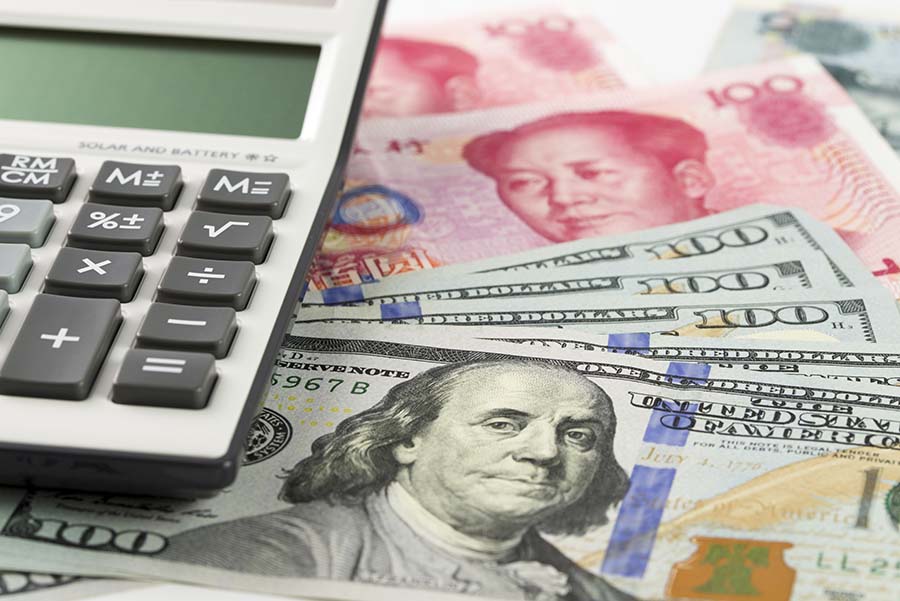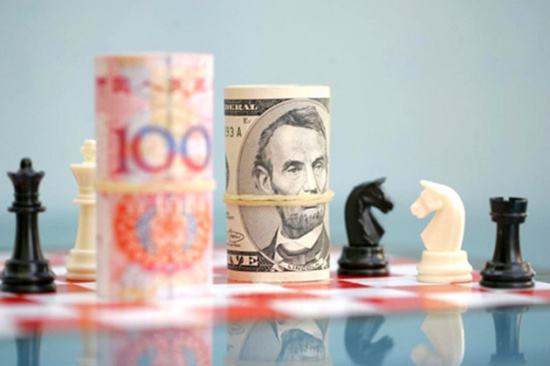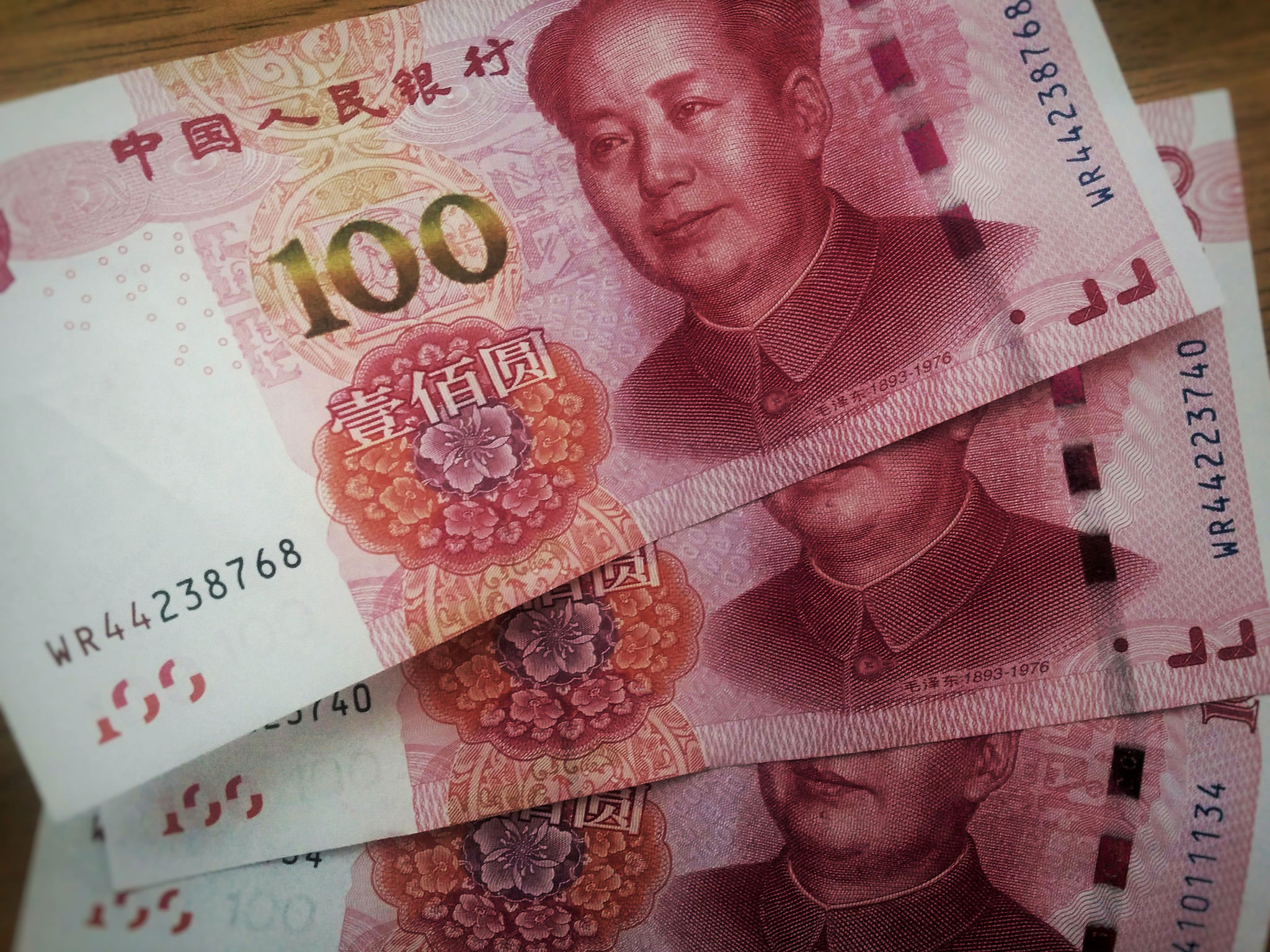Christopher A. McNally, Professor of Political Economy, Chaminade University
Sep 30, 2022
China’s economic troubles in 2022, exacerbated by zero-COVID regulations and stiff barriers for travel and exports, have caused consumer demand to hit a new low. The digital yuan, the first centrally backed crypto token, could be the solution Beijing needs to restore consumer trust in their economy.
Yu Yongding, Former President, China Society of World Economics
Sep 12, 2019
In early August, the renminbi’s exchange rate broke through the psychological threshold of CN¥7 per US dollar. While investors were still digesting the full significance of this event, US President Donald Trump’s administration startled the market by labeling China a “currency manipulator.”
Wang Huiyao, Founder, Center for China & Globalization
Sep 05, 2019
Applying maximum pressure, including labeling China as a “currency manipulator” will not sway China. If the U.S. refuses to return to the negotiation table, China has the option of seeking closer ties with other regional and international partners.

Sara Hsu, Visiting Scholar at Fudan University
Aug 29, 2019
The US has labeled China a currency manipulator, and the trade war does not seem to be ending anytime soon. This may not be the beginning of a US-China currency war, but is definitely another low point in the US-China trade war.
Mar 11, 2019
Beijing vows not to devalue yuan to help exports.

Christopher A. McNally, Professor of Political Economy, Chaminade University
Mar 07, 2019
The issue of currency manipulation remains one of the thorniest issues to be hammered out during the final rounds of US-China trade talks. So far, negotiations have not reached consensus on a mechanism for dispute resolution that could satisfy both sides.

Ben Reynolds, Writer and Foreign Policy Analyst in New York
Feb 28, 2019
In a rare harmony of interests, both China and the United States are pushing to stabilize the yuan. What remains to be seen is how this hypothetical agreement will bear on China’s long-term journey toward the yuan becoming one of the world’s principal reserve currencies.
Oct 26, 2018
China says it's able to keep its yuan stable.

Derek Scissors, Resident Scholar, American Enterprise Institute
May 10, 2018
The Chinese government won’t devalue the yuan against the dollar, for reasons which may surprise both policymakers and mainstream economists.